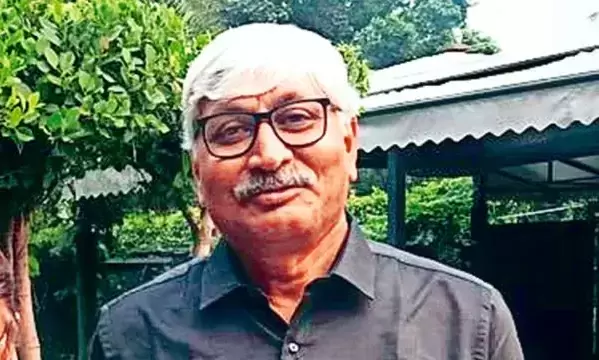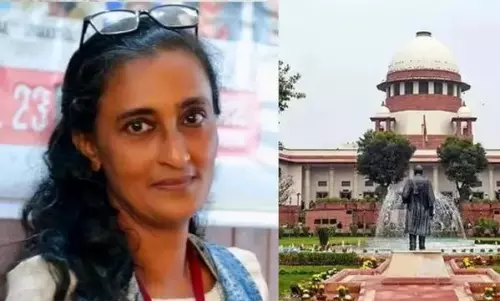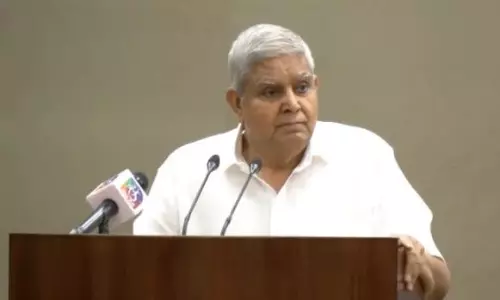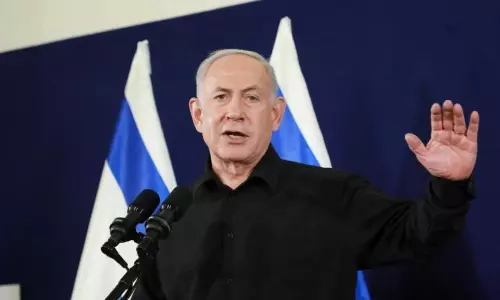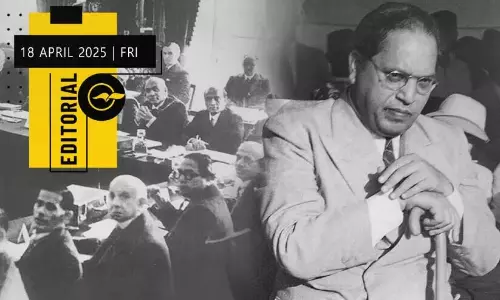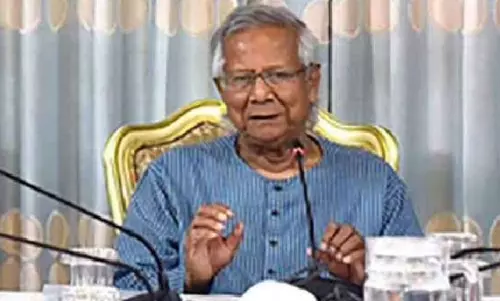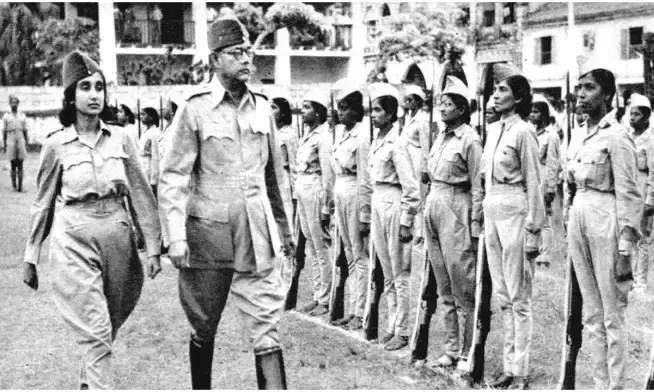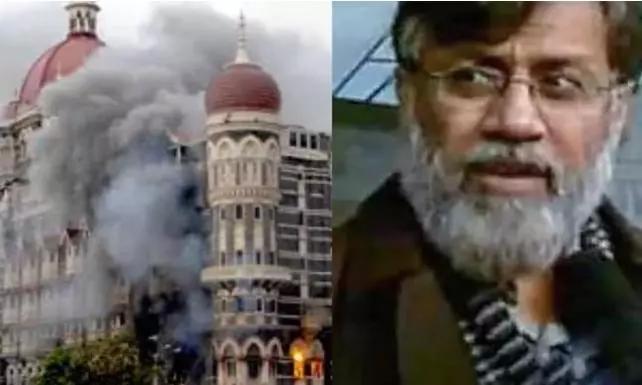
Tahawwur Rana no longer in custody: US prison agency, will arrive today
text_fieldsWashington: Pakistan-origin 26/11 plotter Tahawwur Rana, whose appeal to block his extradition to India was rejected by the US Supreme Court earlier in the week, is no longer in the custody of the US Bureau of Prisons as of Wednesday.
“Not in BOP Custody as of: 04/08/2025,” said the Federal Bureau of Prisons' website search for inmates.
Earlier in the week, Rana’s extradition was cleared by the US Supreme Court. "Application (…) denied by the Court," read the court’s docket as updated on Monday.
A response was awaited from the US Department of Justice, whose Office of International Affairs works with foreign authorities for the actual handover.
Rana had tried to stop his extradition, citing fears of torture with the example of a UK case. A man convicted of money laundering was prevented from being extradited by a London upholding his fears of torture. If that person "could not be extradited to India because he was likely to be tortured, the petitioner is even more likely to be tortured and similarly should not be extradited", Tillman J. Finley, counsel to Rana, said in the application.
The application was rejected by Justice Elena Kagan in March. Rana went on appeal and to Chief Justice John Roberts and the matter was posted for conference on Friday.
The justices’ verdict was posted on Monday.
Rana is wanted in India for helping David Coleman Headley, a Pakistani-American found guilty by a US jury of scoping out the targets hit by the Lashkar-e-Taiba terrorists in 2008. Although he was acquitted by a US jury of providing material support for the attacks, he was found guilty of two other charges for which he was sentenced to more than 10 years in prison.
Due to failing health in the aftermath of the Covid-19 epidemic, he was ordered to be freed from jail. But he was rearrested for extradition to India. Headley had secured himself a guarantee against extradition in a plea deal with US authorities. Rana appealed against his extradition and had now exhausted his legal options, with his appeal to the Chief Justice being denied.
President Donald Trump had announced his extradition to India during Prime Minister Narendra Modi’s visit to the White House in February. Rana had subsequently gone to the Supreme Court to stop his extradition.
It is reported that the 64-year-old Rana is en route to New Delhi on a special chartered flight leaving the US on Wednesday, April 9, marking a significant moment in India's pursuit of justice for the 2008 terror attack that killed 166 people.
The Canadian-American citizen of Pakistani origin is expected to land in New Delhi later in the day. Upon arrival, he will be taken into custody by the National Investigation Agency (NIA), which is coordinating his extradition along with the Research and Analysis Wing (RAW). He is likely to be presented before a Delhi court soon after.
Rana has been charged under multiple sections, including criminal conspiracy, waging war against the Government of India, murder, forgery, and the Unlawful Activities (Prevention) Act. The Mumbai Police, however, have not yet received an official communication regarding his transfer to the city.
On Wednesday, Union Home Minister Amit Shah hailed the extradition as a major diplomatic success for Prime Minister Narendra Modi's government.
"Tahawwur Rana's extradition is a big success of Prime Minister Modi's diplomacy," Shah said, calling it a defining triumph for the administration and a step toward justice for the victims of the horrific attacks.
Rana's extradition marks the beginning of long-awaited legal proceedings into one of the most devastating terror episodes in India's contemporary history.
Officially handed over to the NIA on April 8, 2025, in California, Rana had fought a protracted legal battle in the US to avoid being sent to India. His legal team had filed multiple appeals, including to the US Supreme Court, but all were ultimately rejected.
In his defence, Rana cited deteriorating health conditions, including Parkinson's disease, a serious abdominal aneurysm, and symptoms of bladder cancer, claiming these made him unfit to face trial in India.
However, the US courts were unconvinced by his arguments, with his final appeal dismissed on April 7.
The extradition honours a prior assurance reportedly given by former US President Donald Trump during discussions with Prime Minister Modi.
A known associate of David Coleman Headley -- another key conspirator in the 26/11 plot -- Rana is believed to have had close links with Pakistan's Inter-Services Intelligence (ISI) and the terror outfit Lashkar-e-Taiba.
While a US jury had earlier acquitted Rana of directly supporting the Mumbai attacks, he was convicted on separate terror charges and served over a decade in prison.
He was released during the Covid-19 pandemic on health grounds but was re-arrested in 2020 on the Indian extradition request, eventually leading to the present development.
Rana's arrival in India opens a crucial chapter in the investigation of the 2008 Mumbai attacks, potentially shedding light on the deeper nexus between global terror networks and state-sponsored actors. The Indian government is expected to push for a speedy trial in this high-profile case.
IANS




